Who's who guide: Theresa May's cabinet
- Published
Theresa May has reshuffled her cabinet following the resignations of Dominic Raab and Esther McVey. Here is a guide to her new top team.


Chancellor - Philip Hammond
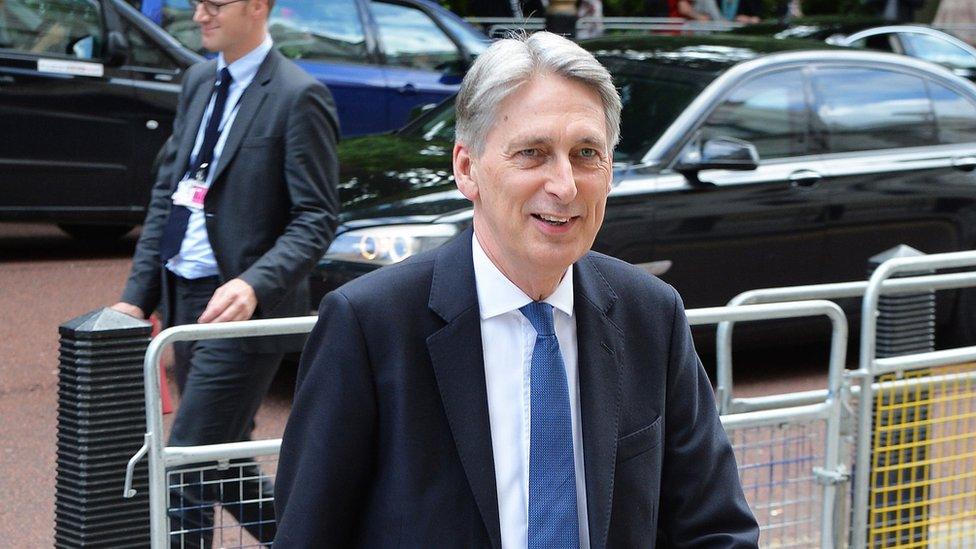

Despite speculation that he would be sacked after the June 2017 General Election, Philip Hammond has remained chancellor of the exchequer.
He was foreign secretary under David Cameron from 2014 to 2016, having previously served as defence secretary and transport secretary.
Mr Hammond was a Remain supporter in the EU referendum and is seen as one of the leading cabinet voices for a softer version of Brexit than that advocated by Leave supporting colleagues.
He is known by some around Westminster as "box office Phil" for his perceived dull delivery.
Home Secretary - Sajid Javid
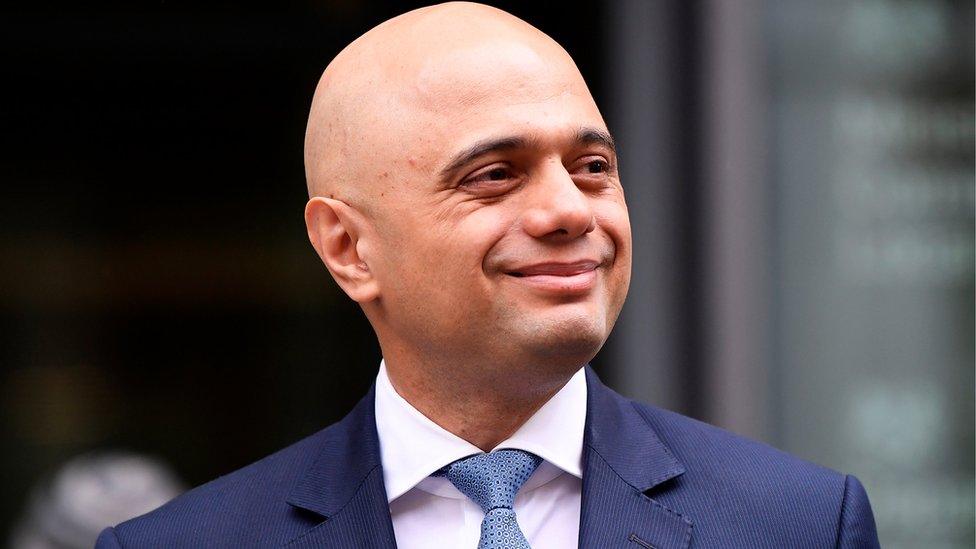
After becoming an MP in 2010, Sajid Javid has risen swiftly through the ranks of the Conservative Party and government to become the first home secretary from an ethnic minority background.
Landing the job following Amber Rudd's resignation, the son of Pakistani immigrants left behind his role as communities secretary.
Mr Javid, a former executive at Deutsche Bank, has also had brief stints as business secretary and culture secretary.
He stood on a "joint ticket" with Stephen Crabb for the 2016 leadership contest, hoping to be chancellor if Mr Crabb had become PM.
Foreign Secretary - Jeremy Hunt
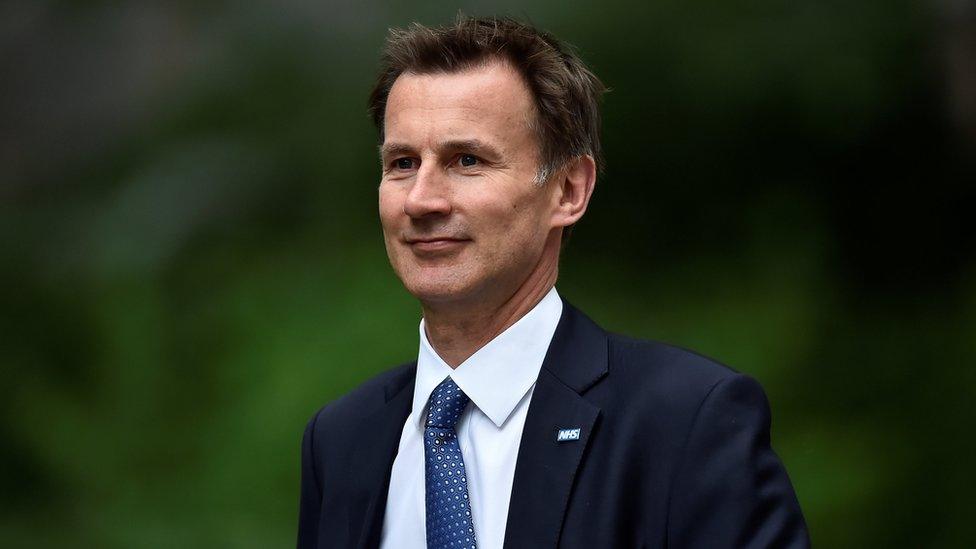
Jeremy Hunt became foreign secretary after Boris Johnson resigned over Brexit policy in July 2018. It meant an end to his marathon stint as health secretary, a job he took in David Cameron's 2012 reshuffle, having previously served as culture secretary.
He weathered a number of controversies including a 2015 battle with the British Medical Association over a new contract for junior doctors, which led to a series of strikes.
He is thought to have resisted an attempt by Theresa May to move him to another job in her January 2018 reshuffle and succeeded in adding responsibility for social care - something previously overseen by local government - to his portfolio.
Brexit Secretary - Stephen Barclay
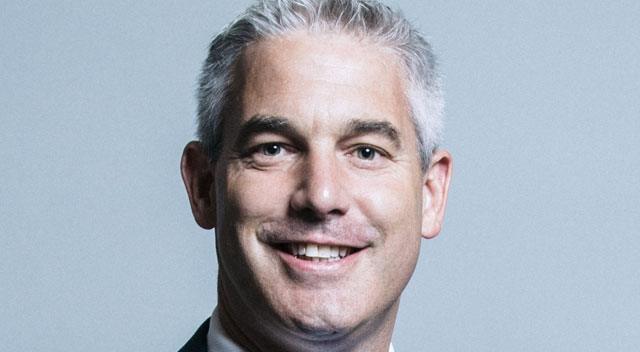
A major promotion for Stephen Barclay, 46, who becomes the third Brexit secretary in six months.
Mr Barclay, who was previously a junior minister in the health and social care department, replaces Dominic Raab, who resigned in protest at Theresa May's draft EU withdrawal bill.
Despite being regarded as a rising star Mr Barclay, who has served as MP for North East Cambridgeshire since 2010, was reportedly not Mrs May's first choice for the role, with Environment Secretary Michael Gove and Attorney General Geoffrey Cox also in the frame.
And the job has essentially been downgraded to focus on domestic preparations for the UK's departure, with Theresa May personally assuming responsibility for the remaining negotiations with the EU.
Defence Secretary - Gavin Williamson
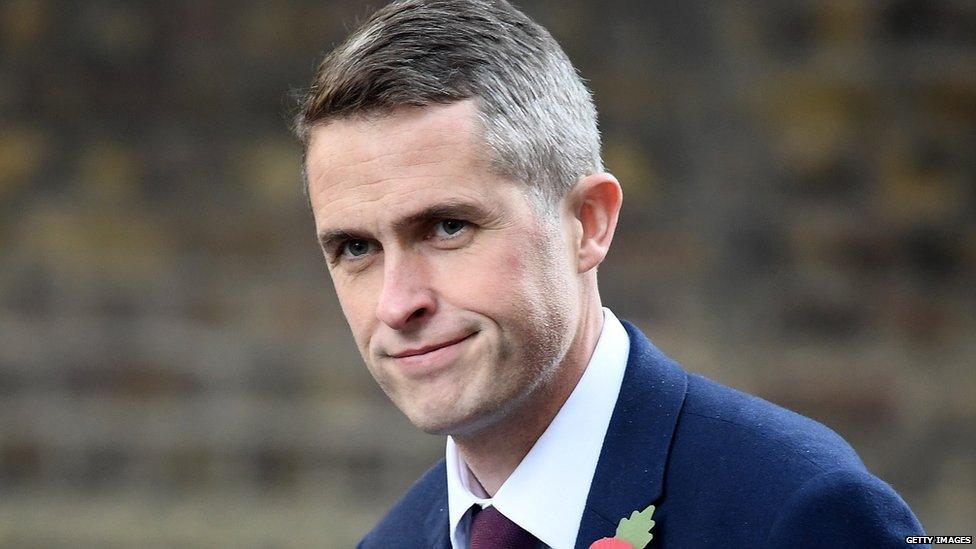
A close ally of Theresa May, the former chief whip ruffled a few Tory feathers when he was handed the role of defence secretary in November 2017, with some claiming he lacked the experience for such a vital role.
He replaced Sir Michael Fallon, who resigned amid allegations over his past conduct.
The appointment was Mr Williamson's first cabinet post. The MP for South Staffordshire was elected to parliament in 2010, and was previously an aide to David Cameron.
Transport Secretary - Chris Grayling
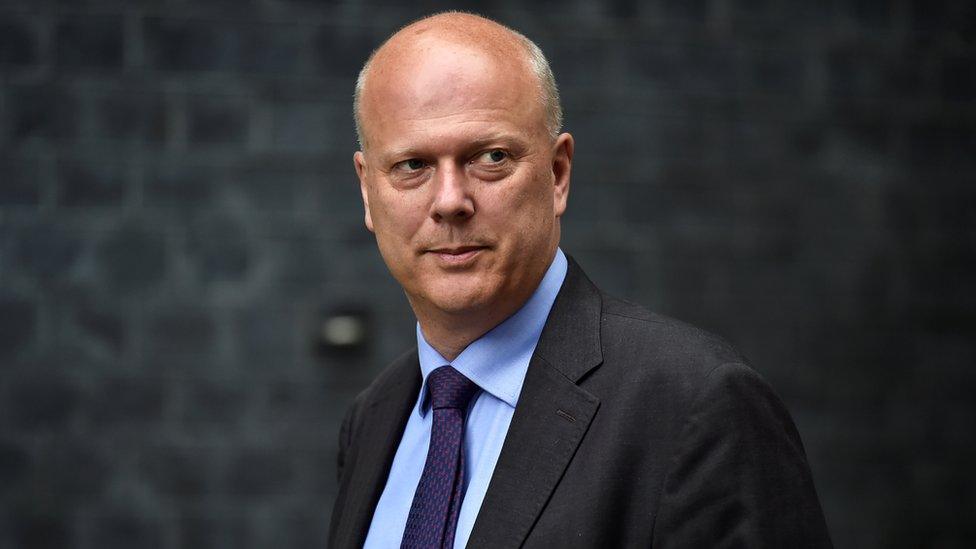
One of the government's great survivors, Chris Grayling has been in the cabinet since 2012, when he was made Lord Chancellor and Secretary of State for Justice, before going on to serve as Commons leader.
A leading voice in the Leave campaign, he was made transport secretary by Theresa May in July 2016.
He defied predictions he would be sacked or moved in Mrs May's January 2018 reshuffle, after attracting criticism over rising rail fares, Southern Rail's disrupted services and rail franchising difficulties.
The former BBC and Channel 4 TV producer has been MP for Epsom and Ewell, in Surrey, since 2001.
International Trade Secretary - Liam Fox
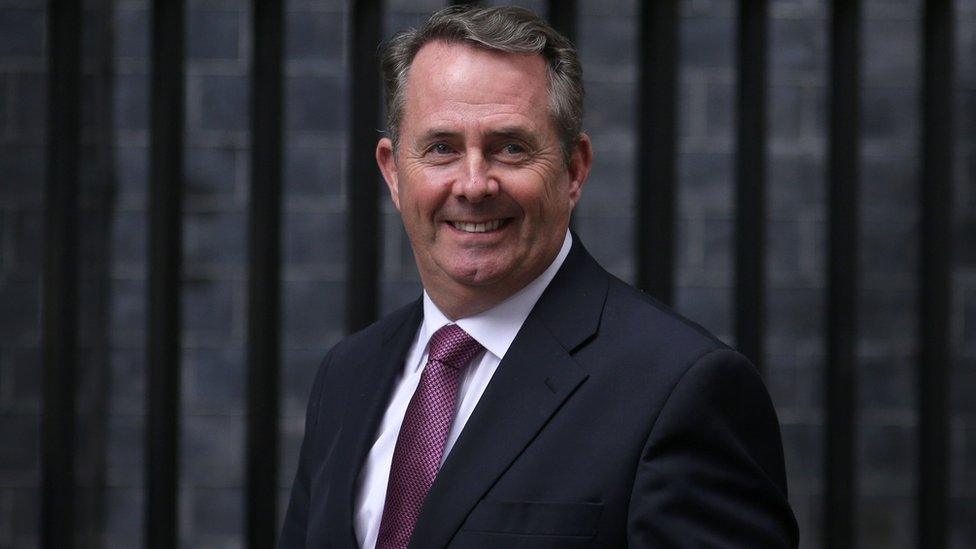
A veteran right winger and ardent Brexiteer, Liam Fox was put in charge of the newly-created department for international trade by Theresa May after she became PM, with the job of forging post-Brexit trade deals with other nations.
He was David Cameron's first defence secretary but resigned in 2011 over allegations he had given a close friend, lobbyist Adam Werritty, access to the Ministry of Defence and allowed him to join official trips overseas.
Mr Fox - who was a GP before entering politics - stood in the 2016 leadership race against Theresa May, but was eliminated in the first ballot after winning the support of just 16 MPs.
Environment Secretary - Michael Gove
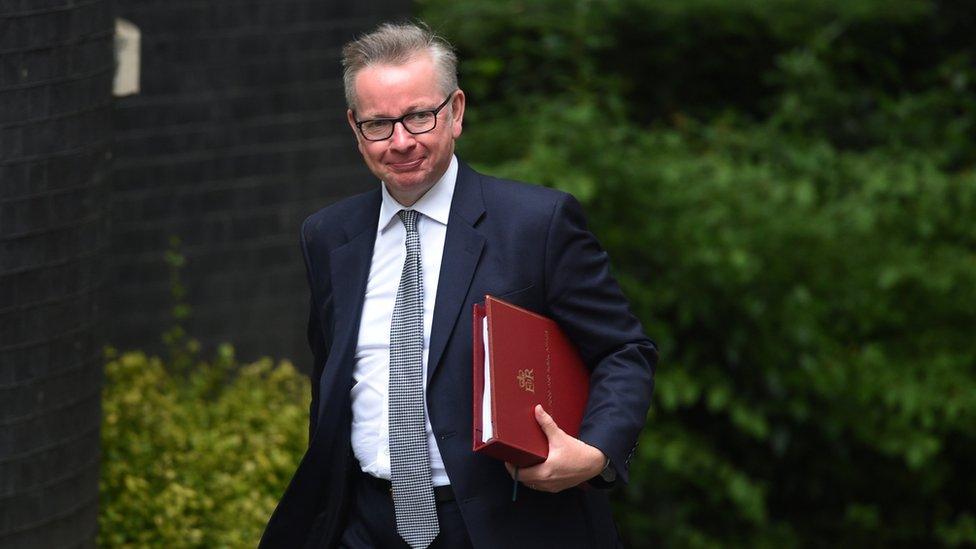
Michael Gove's was a dramatic comeback in June 2017, when the prime minister brought him back into cabinet as environment secretary.
That was just a year after his ministerial ambitions appeared to be over when he was sacked in the 2016 reshuffle which followed Mrs May's arrival as prime minister.
Before that stint as justice secretary he had previously served as David Cameron's education secretary and chief whip in the Tory-Lib Dem coalition. His longtime friendship with Mr Cameron ended as he became probably the then cabinet's biggest name to decide to campaign for Leave in the 2016 EU referendum.
Despite campaigning alongside Boris Johnson for Brexit and initially backing him, Mr Gove withdrew his support for Mr Johnson as Tory leader mid-contest, choosing instead to stand himself. He was eliminated in the final round of voting by MPs, coming third.
Northern Ireland Secretary - Karen Bradley
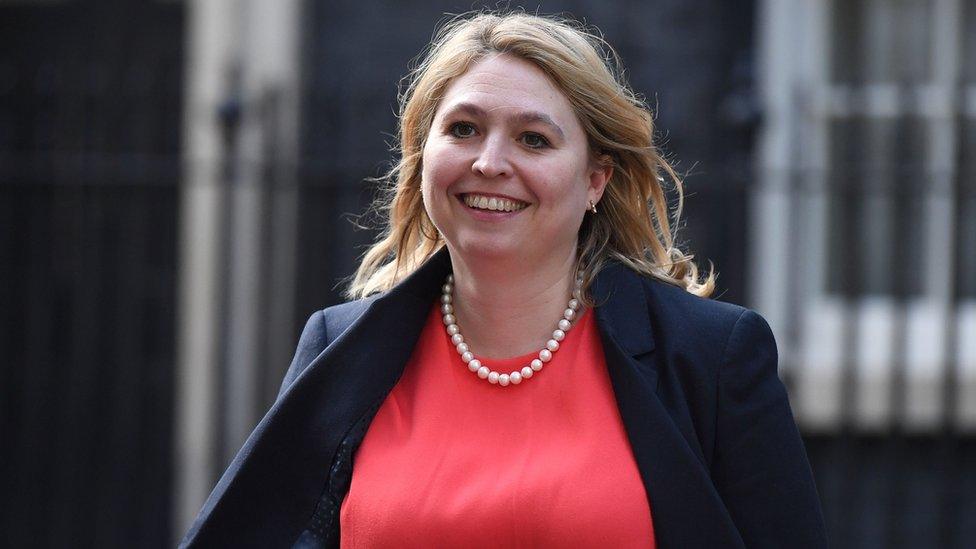
A former protege of Theresa May at the Home Office, Karen Bradley was handed the role of culture secretary in Mrs May's first cabinet.
Her time in that job was dominated by her decision to refer Rupert Murdoch's 21st Century Fox's takeover bid for Sky to the media and competition regulators, something that will be at the top of her successor's in-tray.
She was first elected MP for Staffordshire Moorlands in May 2010.
She replaces James Brokenshire as Northern Ireland Secretary, who resigned for health reasons
Justice Secretary - David Gauke
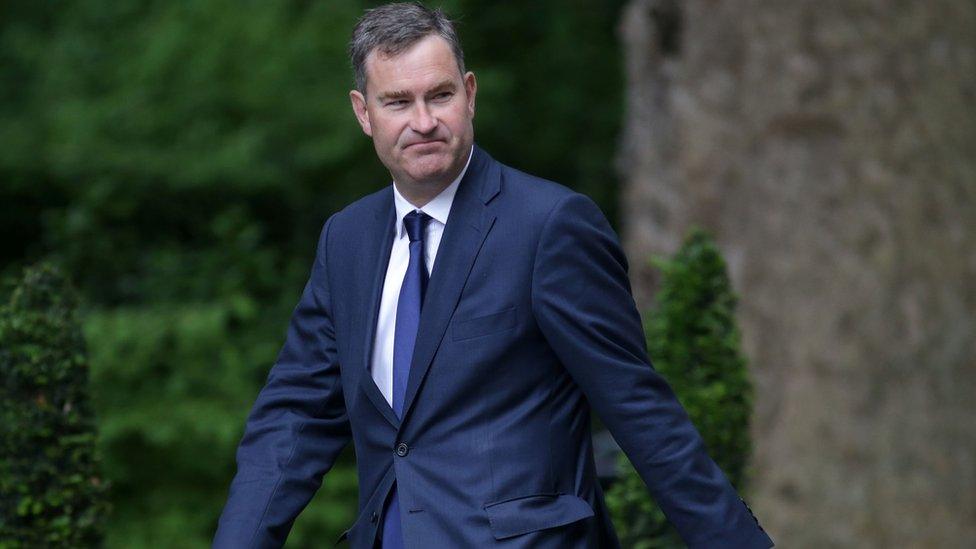
David Gauke became the sixth justice secretary in six years - and the first solicitor to take the role - in Theresa May's January 2018 reshuffle.
His appointment breaks a run of four consecutive non-legally qualified MPs to hold the position of the government's chief law officer.
He was previously work and pensions secretary and chief secretary to the Treasury.
The former City lawyer has been the MP for Hertfordshire South West since 2005.
Health and Social Care Secretary - Matt Hancock
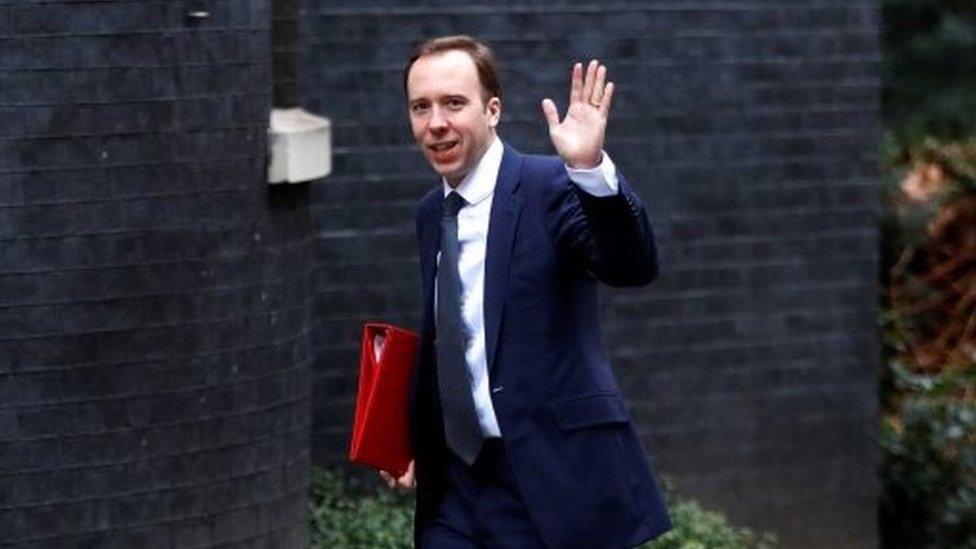
Matt Hancock was promoted to become health secretary in the wake of the resignations of David Davis and Boris Johnson over Brexit policy.
After only a few months as culture secretary, he got the call to move up the rankings to health when Jeremy Hunt was promoted from health to foreign secretary.
Mr Hancock, who was close to the former chancellor George Osborne during the David Cameron years, is a former Bank of England economist has been MP for West Suffolk since 2010.
He is the first MP in modern times to win a horse race, having raced to victory at Newmarket in August 2012. And his later appearances as culture secretary included attempting to moonwalk and jumping off a wall while having a go at parkour.
Business and Energy Secretary - Greg Clark
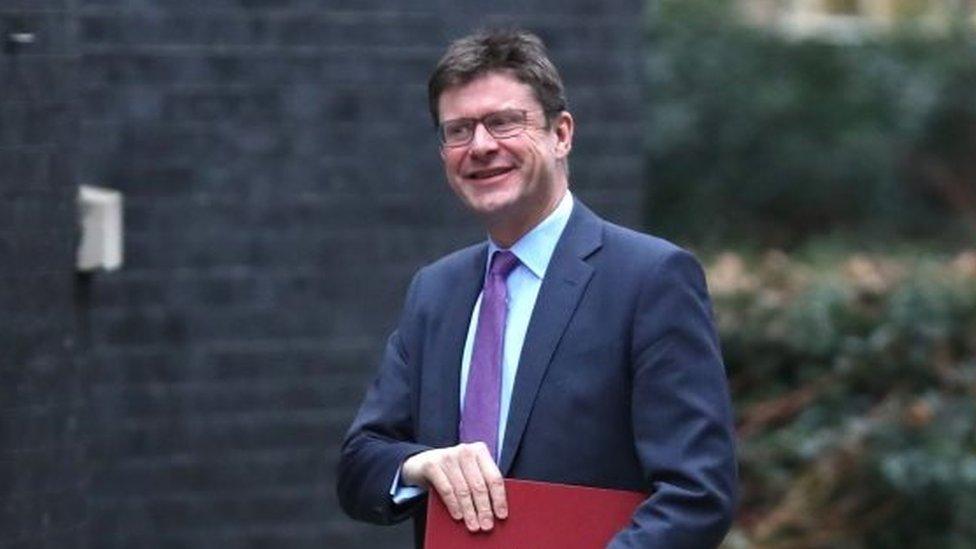
Greg Clark is another minister who has survived the transition from the Cameron to the May years. In his case he has been business secretary since July 2016, after a year or so looking after the local government brief.
It had been widely speculated that he was to be moved in the January 2018 reshuffle to make way for Jeremy Hunt - but it did not happen after the health secretary successfully argued the case to stay put.
The Middlesbrough-born former business consultant, who backed Remain in the EU referendum, started his political journey as president of the Liberal Democrat student branch at Magdalene College, Cambridge.
Housing and Communities Secretary - James Brokenshire
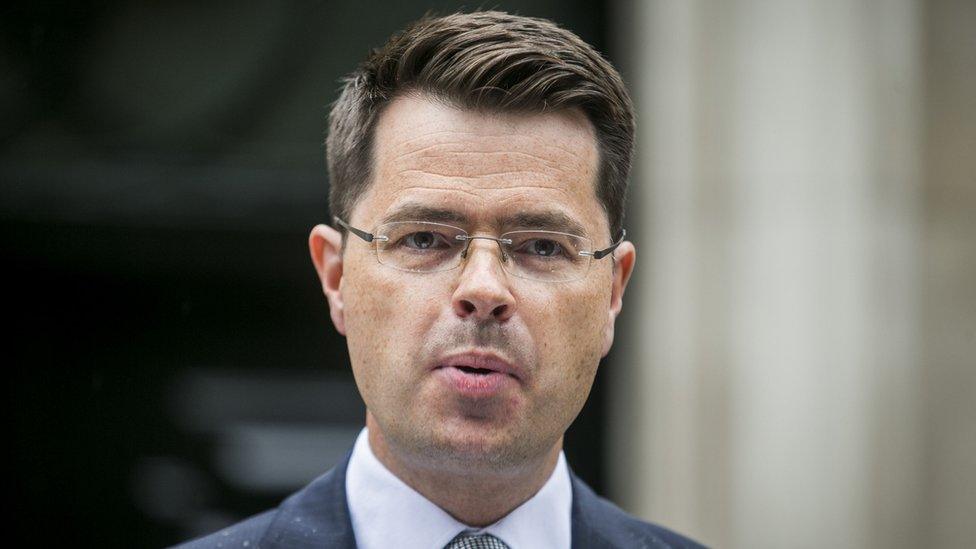
James Brokenshire returned to the cabinet following the reshuffle prompted by Amber Rudd's resignation as home secretary.
The former Northern Ireland secretary had stepped down in January due to ill health after being diagnosed with the early stages of lung cancer - but was back in Parliament a month later after "recovering strongly" from lung surgery.
The former lawyer is a close ally of Theresa May, having served under her for five years at the Home Office.
Digital, Culture, Media and Sports Secretary - Jeremy Wright
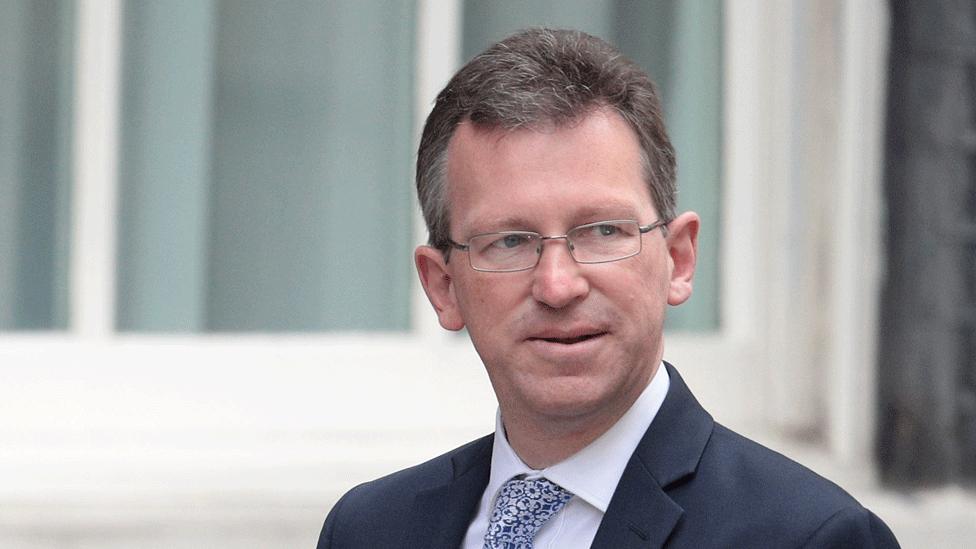
Jeremy Wright was promoted from attorney general to be the new culture secretary after Matt Hancock's promotion to health secretary in July 2018.
The moves were in Theresa May's reshuffle in the wake of David Davis and Boris Johnson's Brexit resignations.
A barrister specialising in criminal law, Mr Wright became an MP in 2005, serving in the whips office for the Conservatives under David Cameron from 2007 to 2012 before becoming a justice minister in 2012 and becoming attorney general in 2014.
International Development Secretary - Penny Mordaunt
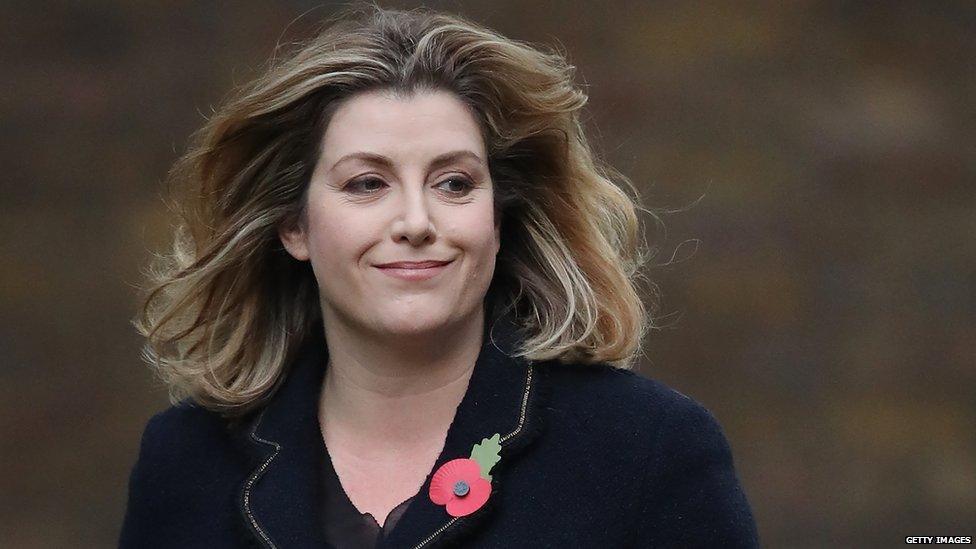
Penny Mordaunt: New International Development Secretary
Penny Mordaunt replaced Priti Patel in this role in November 2016, after Ms Patel resigned in the wake of disclosures that she had held a series of unofficial meetings with senior Israeli figures.
Ms Mordaunt was previously minister of state for disabled people at the Department of Work and Pensions.
She was minister for the armed forces under David Cameron, and had been considered a contender to replace Sir Michael Fallon as defence secretary.
Penny Mordaunt, elected to parliament in 2010 as MP for Portsmouth North, is also known for her strong support of Brexit.
Leader of the House of Lords - Baroness Evans
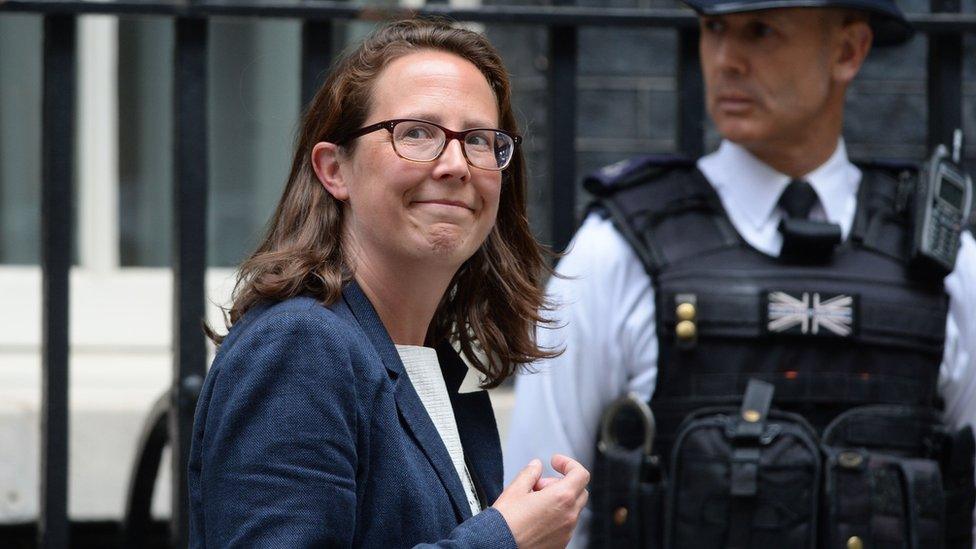
Baroness Evans was appointed Lords Leader in 2016 - her first ministerial role since being ennobled by David Cameron in 2014.
She attended London's Henrietta Barnett School and Cambridge University before becoming deputy director of the Conservative research department, deputy director of the Policy Exchange think-tank and chief operating officer of the New Schools Network - the organisation, headed by controversial journalist Toby Young, which runs the free schools programme.
Scotland Secretary - David Mundell
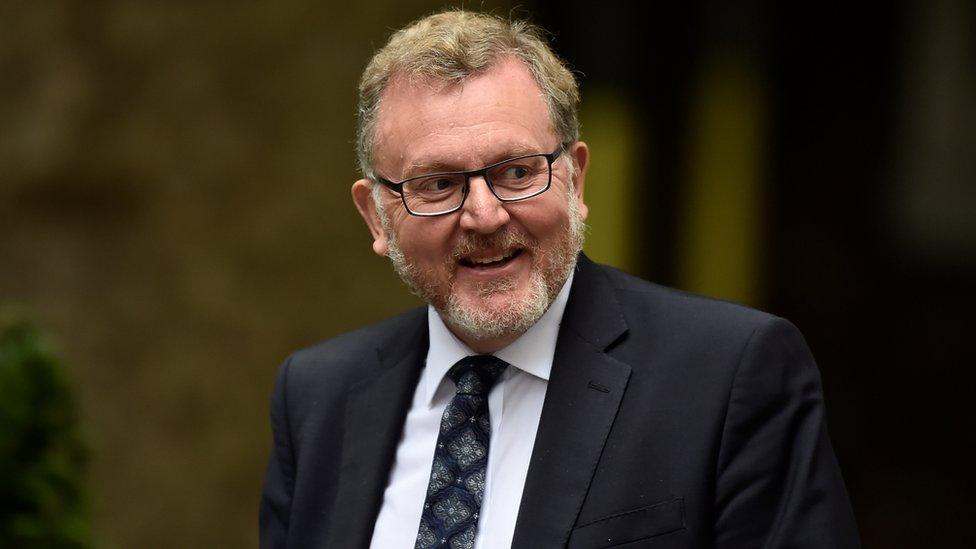
One of 13 Scottish Conservatives to be elected to the Commons in the June 2017 snap election.
Former prime minister David Cameron first appointed Mr Mundell to the post of Scottish Secretary when he held his Dumfriesshire, Clydesdale and Tweeddale seat for the third consecutive election in 2015.
In January 2015, Mr Mundell became the first openly-gay Conservative cabinet minister.
Work and Pensions Secretary - Amber Rudd
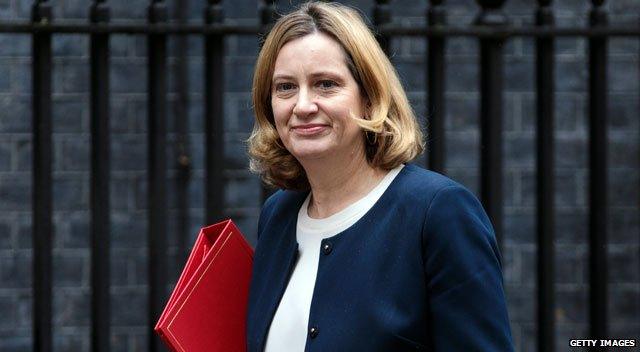
Amber Rudd returned to cabinet in November to replace Esther McVey as work and pensions secretary.
Mrs Rudd resigned as home secretary in April amid a row over targets to remove illegal immigrants.
A strong ally of Theresa May, Amber Rudd is known for her pro-EU views and has a reputation as being tough and capable.
She has served as MP for Hastings and Rye since 2010 and was promoted swiftly during David Cameron's time in office.
However the 2017 election saw her majority reduced to just 346, diminishing her prospects as a possible future leader.
Education Secretary - Damian Hinds
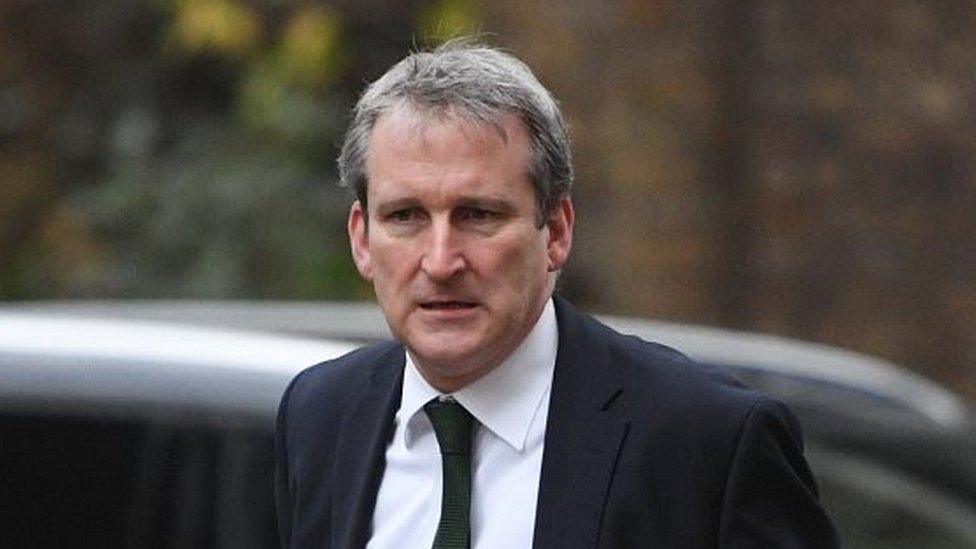
Damian Hinds got an unexpected promotion when he was drafted in to replace Justine Greening, who refused a move to the Department for Work and Pensions in Theresa May's January 2018 reshuffle.
The former management consultant was a Remain supporter and previously served as employment minister in the DWP and before that a junior Treasury minister and government whip.
He has been MP for East Hampshire since May 2010.
Welsh Secretary - Alun Cairns
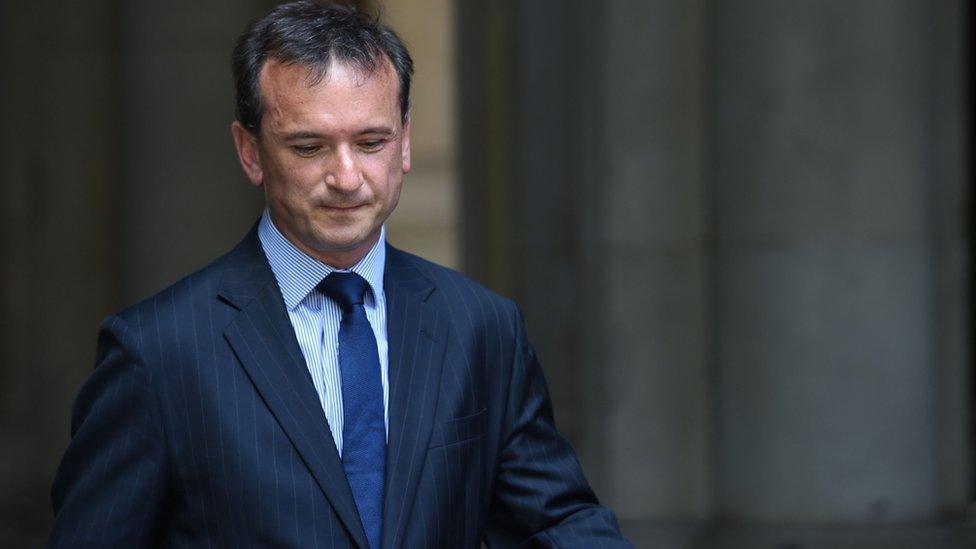
Alun Cairns, MP for the Vale of Glamorgan, remained in his cabinet role as secretary of state for Wales in Theresa May's January 2018 reshuffle.
The former banker and Welsh assembly member was born in Swansea and is a graduate of the University of Wales, Newport. He became an MP in 2010.
Chancellor of the Duchy of Lancaster - David Lidington
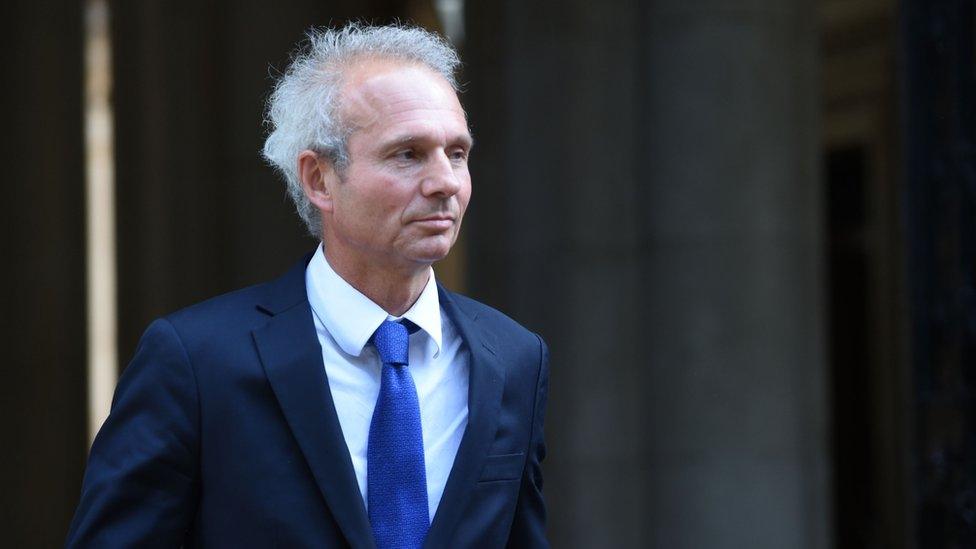
Former Commons Leader David Lidington replaced Damian Green, who resigned in December 2017 after misconduct allegations.
The Remain supporter did not take on Mr Green's First Secretary of State title but will still play part of that role, standing in for Theresa May at Prime Minister's Questions and chairing key cabinet Brexit committees.
He is a former justice secretary and Europe minister.
The Cambridge history graduate and father-of-four has been MP for Aylesbury since 1992. He previously worked for BP and mining firm Rio Tinto.
Conservative Party chairman - Brandon Lewis
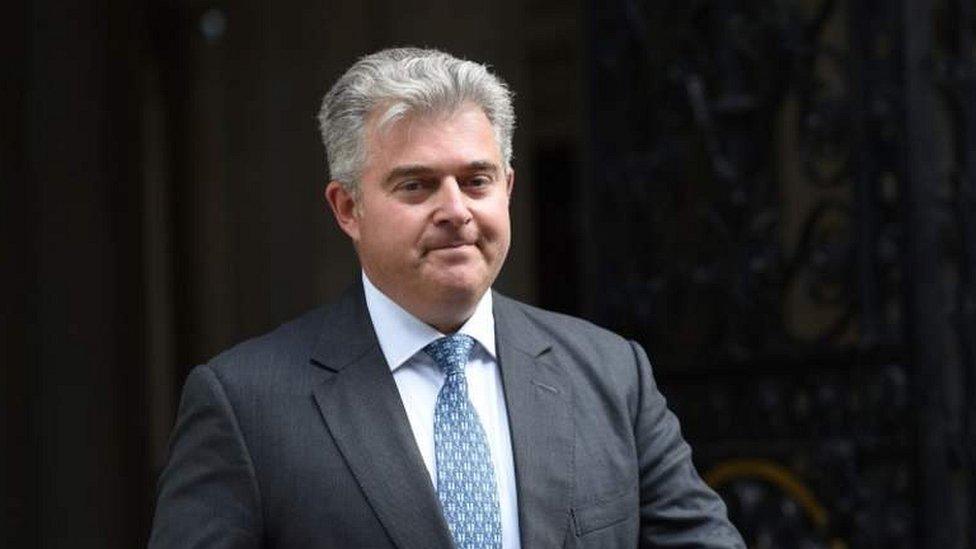
The new Conservative Party chairman takes the title of minister without portfolio, allowing him to take a seat in the cabinet.
He replaced Sir Patrick McLoughlin, who stood down as Tory chairman.
The former housing minister briefly served as immigration minister before taking on the job of rebuilding the Tories' campaigning strength for the next general election.
A former barrister and leader of Brentwood council, in Essex, he has been MP for Great Yarmouth since 2010.
Also attending cabinet - but not full members
Leader of the Commons
Andrea Leadsom
Chief Secretary to the Treasury
Liz Truss
Chief whip
Julian Smith
Attorney General
Geoffrey Cox
Immigration minister
Caroline Nokes
Energy minister
Claire Perry